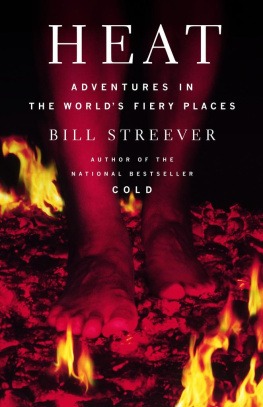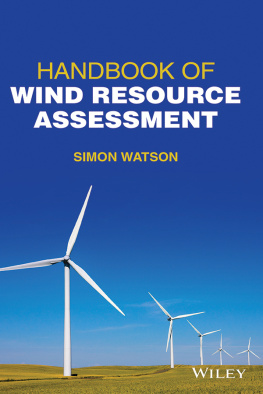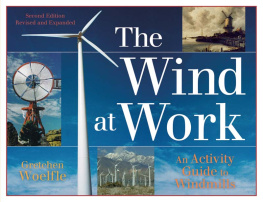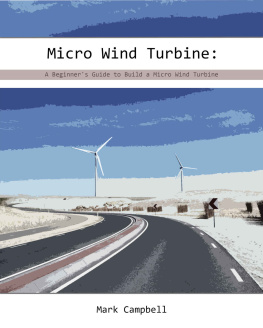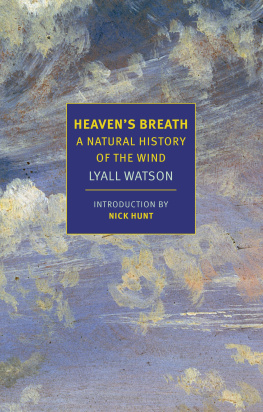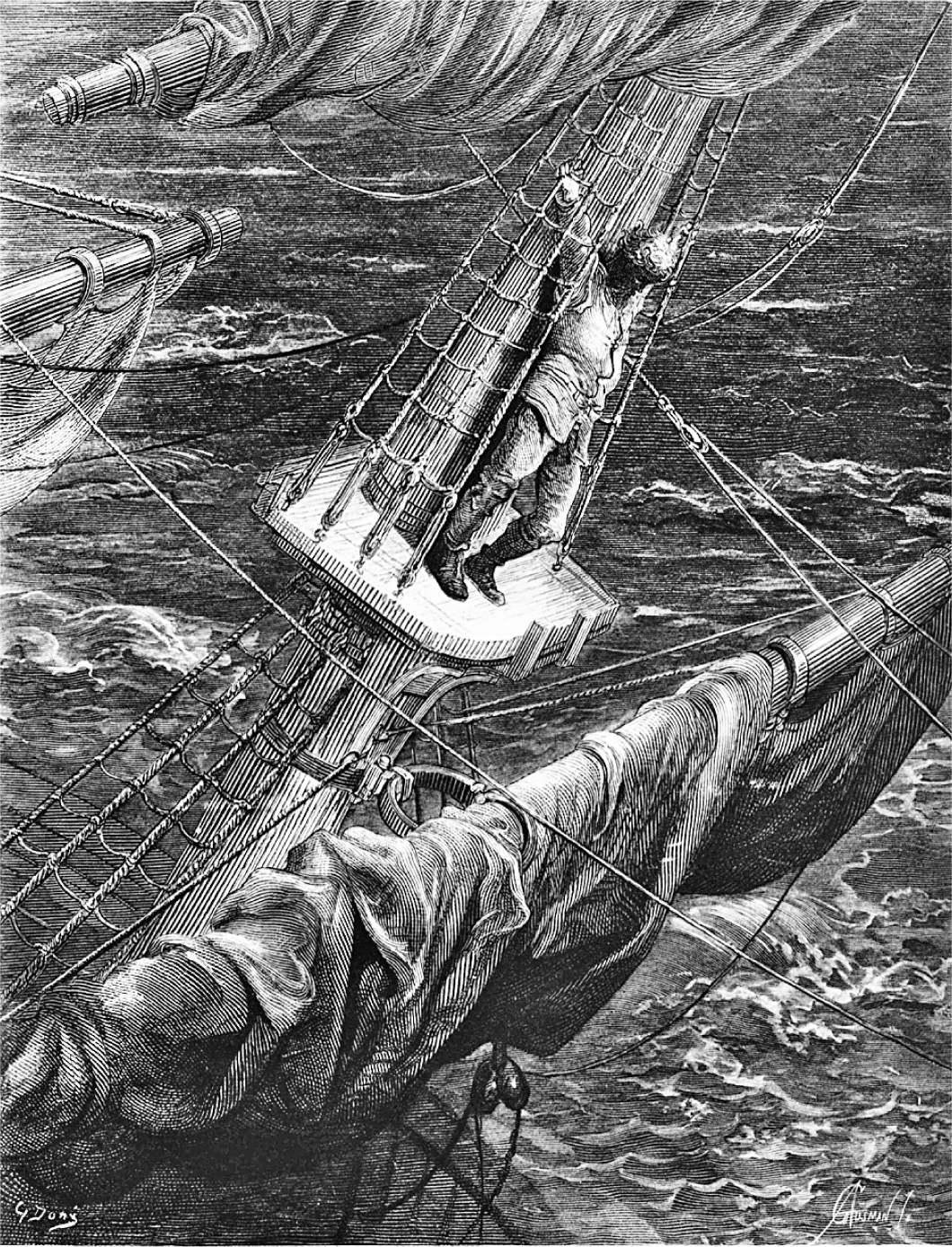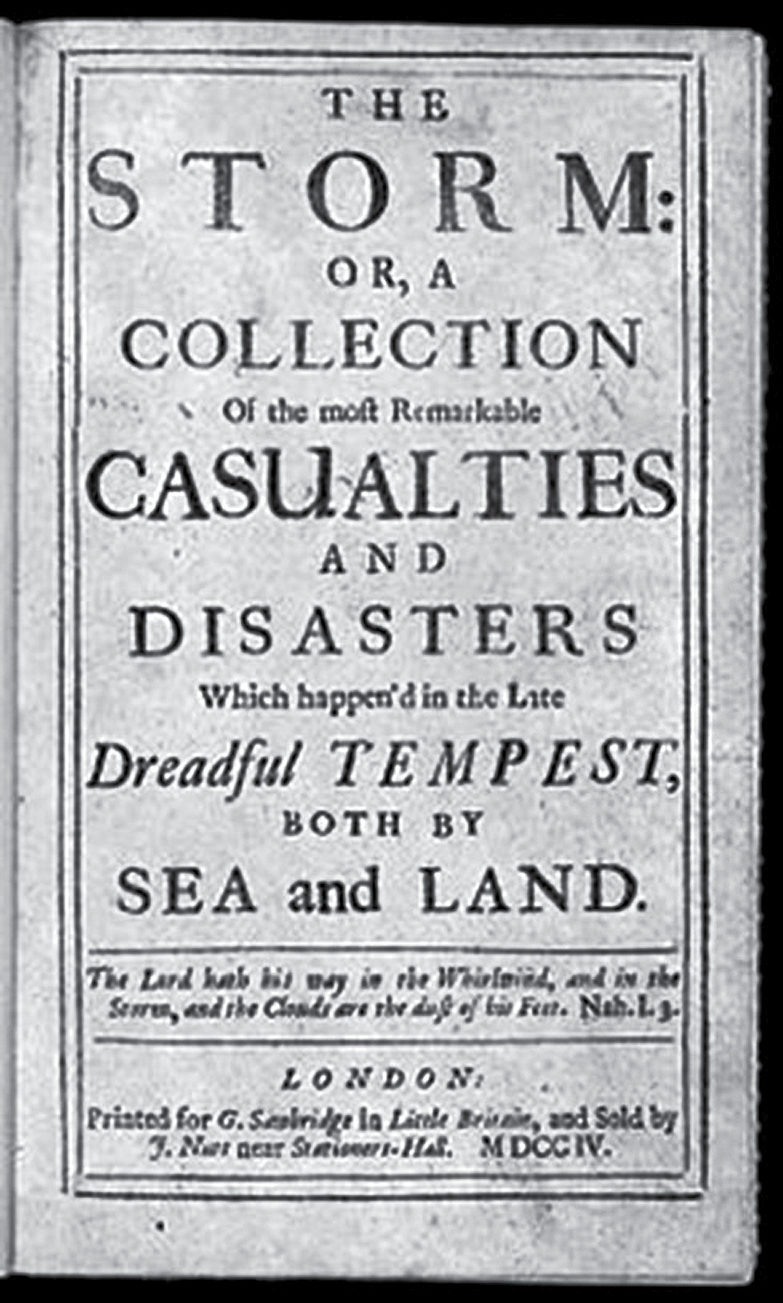Bill Streever - And Soon I Heard a Roaring Wind: A Natural History of Moving Air
Here you can read online Bill Streever - And Soon I Heard a Roaring Wind: A Natural History of Moving Air full text of the book (entire story) in english for free. Download pdf and epub, get meaning, cover and reviews about this ebook. year: 2016, publisher: Little, Brown and Company, genre: Romance novel. Description of the work, (preface) as well as reviews are available. Best literature library LitArk.com created for fans of good reading and offers a wide selection of genres:
Romance novel
Science fiction
Adventure
Detective
Science
History
Home and family
Prose
Art
Politics
Computer
Non-fiction
Religion
Business
Children
Humor
Choose a favorite category and find really read worthwhile books. Enjoy immersion in the world of imagination, feel the emotions of the characters or learn something new for yourself, make an fascinating discovery.

- Book:And Soon I Heard a Roaring Wind: A Natural History of Moving Air
- Author:
- Publisher:Little, Brown and Company
- Genre:
- Year:2016
- Rating:3 / 5
- Favourites:Add to favourites
- Your mark:
And Soon I Heard a Roaring Wind: A Natural History of Moving Air: summary, description and annotation
We offer to read an annotation, description, summary or preface (depends on what the author of the book "And Soon I Heard a Roaring Wind: A Natural History of Moving Air" wrote himself). If you haven't found the necessary information about the book — write in the comments, we will try to find it.
Scientist and bestselling nature writer Bill Streever goes to any extreme to explore wind--the winds that built empires, the storms that wreck them--by traveling right through it. Narrating from a fifty-year-old sailboat, Streever leads readers through the worlds first forecasts, Chaos Theory, and a future affected by climate change. Along the way, he shares stories of wind-riding spiders, wind-sculpted landscapes, wind-generated power, wind-tossed airplanes, and the uncomfortable interactions between wind and wars, drawing from natural science, history, business, travel, as well as from his own travels.
AND SOON I HEARD A ROARING WIND is an effortless personal narrative featuring the keen observations, scientific rigor, and whimsy that readers love. Youll never see a breeze in the same light again.
Bill Streever: author's other books
Who wrote And Soon I Heard a Roaring Wind: A Natural History of Moving Air? Find out the surname, the name of the author of the book and a list of all author's works by series.


